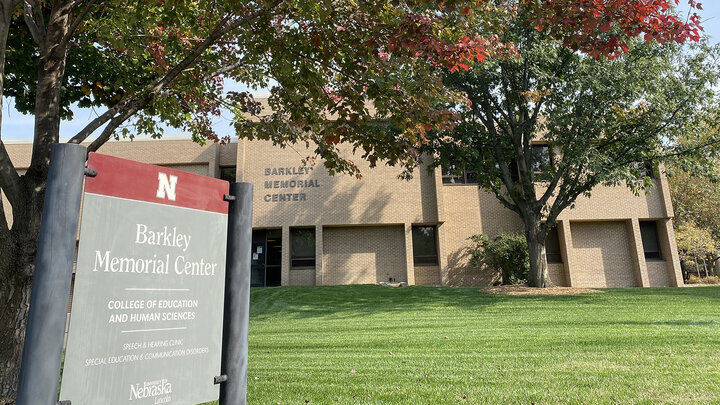A pair of speech-language pathologists in the University of Nebraska-Lincoln’s Department of Special Education and Communication Disorders are launching a free monthly support group for young people who stutter beginning Feb. 1.
Assistant professor Naomi Rodgers and lecturer Jessie Kohn identified a need to offer support to young people who stutter and their families in Nebraska. They are launching a local family chapter of the National Stuttering Association. The goal for the group is to help group members feel less alone about their stuttering, while also helping them maximize their participation in all areas of their lives.
"Stuttering is often a long-term issue, and people who stutter make up only about 1% of the population,” Rodgers said. “It can feel very isolating, especially living in a rural state where many young people may not know any peers who stutter.”
The group, which is open to individuals ages 7 through 17 who stutter, will be facilitated by graduate students from the university’s speech-language pathology program and meet on the first Monday of each month from 4:30-5:30 p.m. In addition, Rodgers will lead a support group for parents that will meet at the same time every three months. The meetings will be held via Zoom until it is safe to move to in-person meetings, at which time they will be held at the Barkley Memorial Center on East Campus.
Members of the group can expect to learn about stuttering, and have a safe place to explore and share their experiences with stuttering, including its social-emotional aspects. There will also be community-building activities for the young people in the group to develop relationships with one another.
“This is a support group,” Rodgers emphasized. “While it’s not a therapy group, it is a safe place for members to practice any communication changes they’re working on separately with a therapist.”
Anyone interested in learning more about the stuttering support group may email Rodgers or Kohn for more information or to get involved.
Special Education and Communication Disorders
College of Education and Human Sciences




